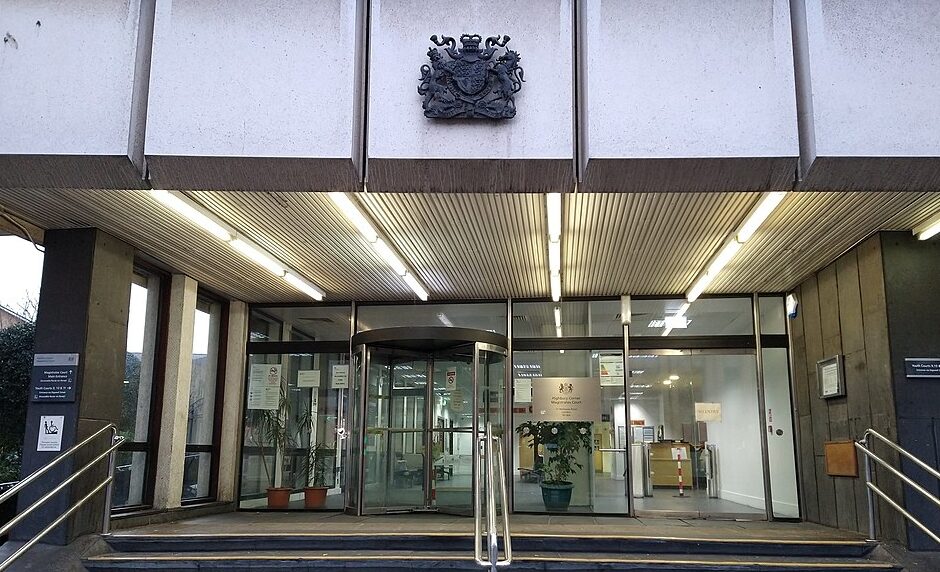Work-life imbalance and debt driving young barristers to rethink career path
The number of pupil barristers who would wholeheartedly recommend a career at the Bar has taken a sharp hit, with only one-third now saying they would “definitely” endorse the profession—down from 42% last year, according to a new report.
The findings come from the Pupil Survey 2025, run by the Bar Council, with responses from 170 pupils, roughly a third of the 609 currently in pupillage across England and Wales. The decline in enthusiasm is described as a “significant” drop, fuelled by concerns over stress, pay, and the crushing demands of work.
Despite the waning recommendations, 90% of pupils still said they had a positive experience overall, suggesting that while the profession remains fulfilling for many, the barriers to longevity are growing ever more acute.
Chief among the complaints is the lack of work-life balance. Over a third of pupils, particularly those in publicly-funded areas like criminal and family law, said the career felt unsustainable long-term. Nearly 88% of respondents said their stress levels were either moderate or high.
Embed from Getty ImagesThe median working week came in at 41–50 hours, with 41% saying they regularly worked even longer. Late-night workloads, unpredictable scheduling, and inadequate support have compounded stress for many.
Financial worries also loom large. Nearly 40% reported experiencing financial hardship, and the median pupillage award was only £30,000–£39,999. In criminal sets, over half earn under £30,000—a troubling figure given the median debt of £50,000–£60,000 carried by most respondents.
Pay disparities based on gender also surfaced in the report. Around 25% of male pupils had pupillage awards of £60k or more, nearly double the 13% of women in the same bracket. These larger awards were typically linked to elite commercial chambers listed on the Legal Cheek Chambers Most List.
The path to securing a pupillage remains grueling. Just 40% succeeded in their first application cycle, while 14% had to apply four or more times. Half of all respondents called the process “very challenging”, with many calling for clearer feedback, better access to funding, and improvements to the Pupillage Gateway.
Bullying, harassment, and discrimination, while down compared to previous years, were still reported by 17% of respondents. In nearly one in five of those cases, the pupil supervisor was named as the perpetrator. Heads of chambers and practice managers were also cited as sources of poor behaviour.
The Bar Standards Board’s ethics exam, a mandatory test during pupillage, drew near-universal criticism. Pupils called it “stressful,” “unfair,” and “inconsistent,” claiming it duplicates content from previous training and adds unnecessary pressure to an already intense year.
One surprising and positive note was that 20% of respondents identified as LGBTQ+, a proportion far higher than in the general population, suggesting improved diversity in at least one regard. Other demographic stats reflected national averages.
The Bar Council says the report is a wake-up call for chambers and regulators alike. Unless action is taken on pay, wellbeing, and accessibility, the legal profession risks losing a generation of talent to burnout before they even get fully qualified.





